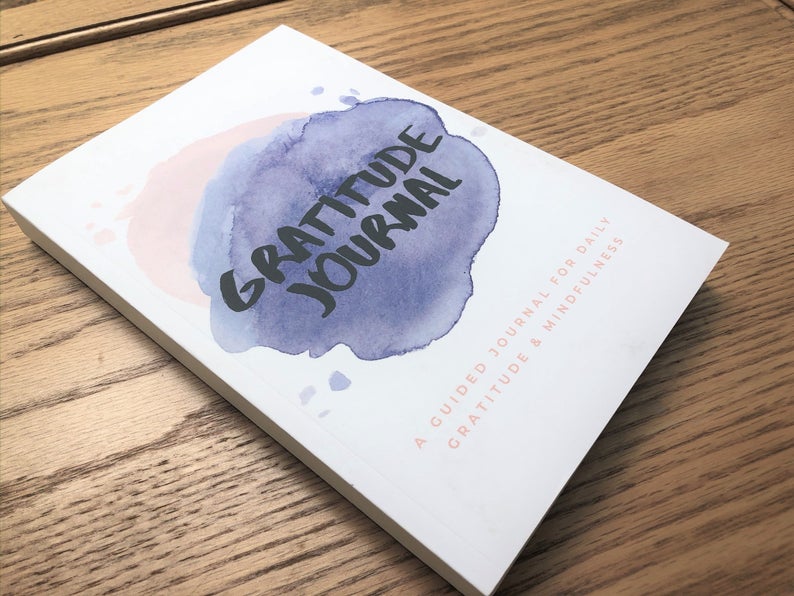
How to Protect Your Finances From Insomnia & Fatigue
Financial woes may be causing you insomnia, which ironically, can lead you to make poor financial decisions. If you want to get off the sleepless cycle, here are some tips to have a good night’s sleep, financial troubles and all.
This post may contain affiliate links, which means I may earn a small commission at no extra cost to you. For more information, please see my disclosure here. Thank you for your support!
There are over 157 million Americans with unpaid credit card debt, and 44 million carrying student loan debt in 2016.
No wonder financial-related stress and worry is on the rise!

According to a recent study conducted by MetLife, almost half of employees are “concerned, anxious or fearful about their current financial well-being”.
Many times, stress and anxiety may lead to insomnia, waking up at night, or restless sleep.
Ironically, studies have shown that a lack of sleep can result in riskier financial decisions that could lead to monetary losses.
Talk about a vicious cycle!
When we’re tired or sleep deprived, our brain lacks the energy to acquire or retain information, judge facts accurately, and make sound decisions overall.
This could mean a host of things.
From charging an impulse purchase on the card, to forgetting to pay a bill on time, or buying a large-ticket without having all the facts.
Sleep is crucial for our overall health as well as for our financial well-being.
Here’s some ways to do away with those restless, sleepless nights, even if money troubles tend to keep you up.
Help your body fall asleep
The first step for a good night of sleep is to help your body fall asleep by making sure your environment is sleep-friendly.
Here’s some tips to help your body rest peacefully throughout the night.
Lower Down the Room Temperature
Studies show that the ideal temperature for your body to fall asleep is 68 degrees.
If you don’t like your home that cold, at least turn down the thermostat by a few degrees right before going to bed.
Don’t think you’ll remember?
Switch to a programmable thermostat. Not only will it help you sleep better at night, but you can also program it to a money-saving temperature during the day.
Reduce Lights Around the House
Before the invention of artificial light, our bodies naturally knew when it was time to go to sleep.
However, now that we can have a bright room all day long, it’s more difficult for our bodies to know when it’s bedtime.
Dim the lights with a dimmer light switch about an hour before bedtime to signal to your body that it’s time to shut down.
Adhere to a Bedtime Routine
Another way to help your body fall asleep is to adopt, and adhere to a bedtime routine.
This can be as simple as drinking a hot cup of tea to a candle-lit bath.
After we’ve carried out our bedtime routine for a couple of weeks, our bodies get conditioned to expect, and prepare for, sleeping at the start of the routine.
Not only can a routine help you relax, but it can also help you fall asleep faster, and stay asleep for longer, which ensures your brain gets the most out of your time in bed.
Exercise Regularly
Many Studies show that regular exercise can help those with chronic insomnia, so regular exercise of about an hour a day can be extremely beneficial if you have trouble falling, or staying, asleep.
However, be sure not to exercise too close to bedtime as this could cause you to have increased energy and thus, stay awake.
If you despise the gym, fret not. Even going for a short walk a couple of times a week can help you attain a more restful and deep sleep.
So even if you don’t get the recommended 8 hours of sleep each night, you’ll make each hour of sleep you do get, count more.
Related Posts:
16 Ways to Save Loads of Money and Still Have Fun
The Lazy Way to Increase Your Earnings Potential
6 Healthcare Costs That Aren’t Worth the Money
Help Your Brain Shut Down
Now that your body is ready to sleep, we need to get your mind ready too. Many times, this can be the most difficult step, but it can be done. Here’s how.
Write it Down and Forget it
If you find yourself tossing and turning thinking about this bill or that past due account, provide a way for your brain to safely stop thinking about it.
Keep pen and paper on your night table, and write down all the thoughts that come to your mind.
Once it’s on paper, it’s easier for your mind to stop thinking about it.
Practice Mindfulness
An effective way to help your brain shut down is to help it exist only in the present.
When we think about our future, oftentimes our thoughts turn pessimistic and we can spend hours going down the rabbit hole of “what ifs”.
Spending as little as 10 minutes sitting quietly thinking about the “now” can help your brain counteract this tendency.
Find a relaxing spot, get comfortable, and focus on your breathing. If any worrisome thoughts come to mind, don’t entertain them.
Need a little help?
Download the Calm app for Android or iPhone, which provides an extensive library of relaxing music, and tracks proven to help you fall asleep.
Additionally, if you want to understand your sleep habits better – and improve them, you could try the Rise app.
Rise takes a behavior science-based approach to building routines into lasting habits that support a lifelong healthy sleep practice.
It builds schedules that include routines focused on solving root causes of your challenges.
Better yet, all you need is your phone to try Rise today!
The Power of Gratefulness
When we’re going through a tough financial situation, sometimes it’s difficult to find reasons to be thankful for.
However, the more you can be grateful, the more you will be able to visualize, and realize, a brighter financial future.
Before going to bed each night, write down at least one thing you’re truly grateful for in your life.
Whether it’s big or small, it will help your mind end the day on a positive note and reduce overall stress. Personally, I keep a journal by my bedside.
When I’m trying to fall asleep and a thought doesn’t let me, I just write it down in my journal – this gives me permission to stop thinking about it, knowing that I won’t forget it in the morning.
Don’t think you’re good at writing? Try a guided gratitude journal, which prompts you to write by posing questions that encourage self-reflection.
One of my favorites is the Gratitude Journal by Mystic Tortoise. It includes daily gratitude lists, self-care questions, and more. You can get yours here:
Avoid Over-Stimulation
To help your brain shut down, avoid the use of electronic devices about an hour before bed. Additionally, refrain from getting into arguments or any other situations that may keep your mind engaged past your bedtime.
Set Aside Time for Sleep
Even if you understand you need more sleep than what you regularly get, finding time for sleep can often be challenging.
Try having a hard-stop for activity about an hour before bedtime so you can allow yourself some time to unwind.
As difficult as this may be, as you make sleep a priority, it will get easier to carve out time in your schedule to catch some z’s.
When Everything Fails
Despite our best intentions, we’re bound to have a sleepless night every so often.
However, you can take some simple steps to ensure insomnia doesn’t derail your financial plans.
Be Extra Vigilant
If you know you’re tired or sleep deprived, be extra vigilant as you go about your day. If at all possible, avoid making financial decisions.
Especially if they are related to a large purchase or anything else that could have a strong impact on your finances.
Sleep On It
If avoiding financial decisions is absolutely impossible, take a nap before committing to anything that could affect your financial future.
Studies have shown that even a short nap of as little as 6 minutes could help your brain regenerate and refocus.
Get a Second Opinion
Lastly, be sure to get the opinion of a sound-minded person you trust.
They could help point out crucial information that you may have otherwise missed, and ensure that you do in fact make the best decision for your situation based on facts and not on tiredness.
Our brain is an animal of habit. As you practice these techniques more and more frequently, it will come to expect it, and embrace it.
In time, a better nights sleep can do great things not only for your physical and emotional health but also for your financial well-being.
Which of these tips did you find more useful? Comment below!




